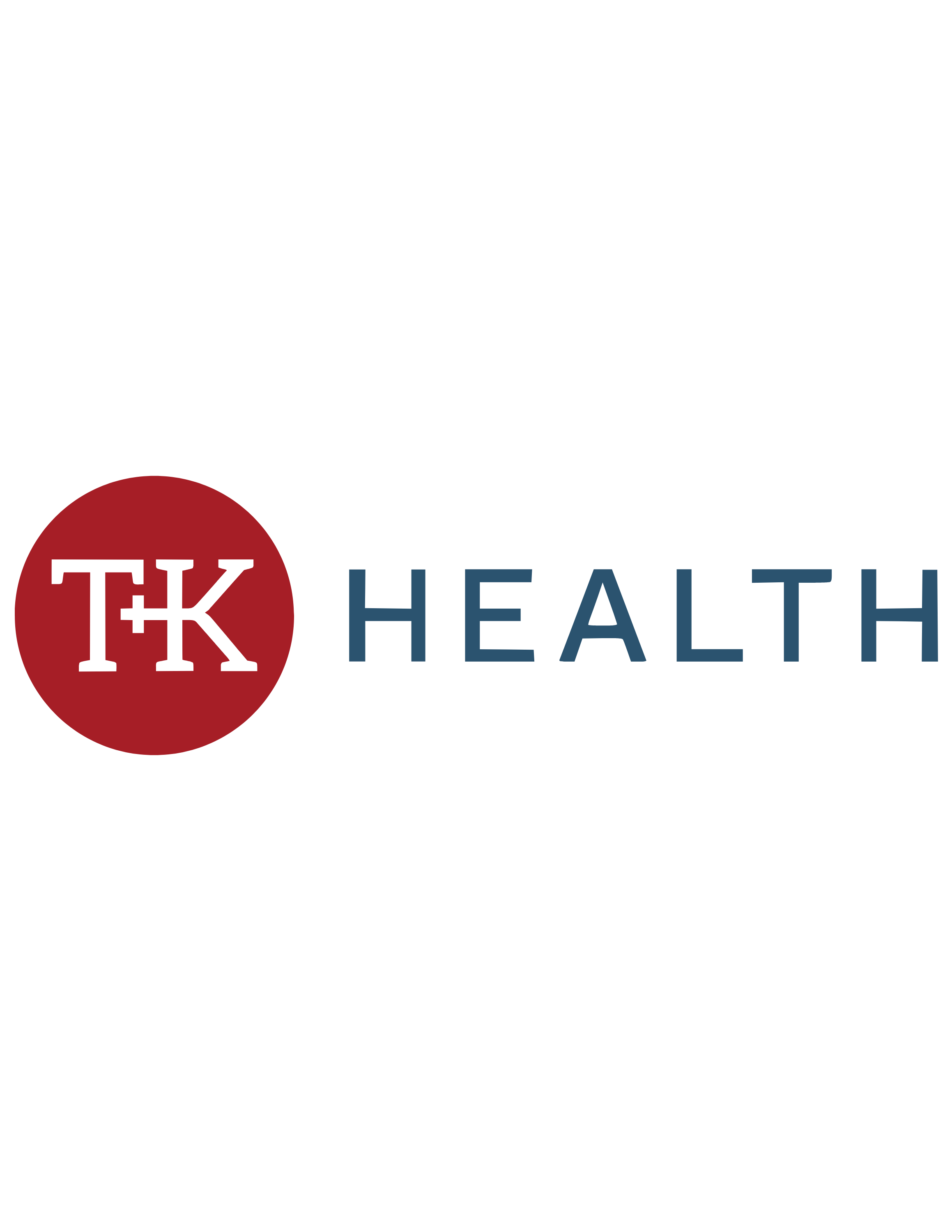While it’s rare, some jailed people may refuse to eat as a form of protest or because of illness. Regardless of the reason, ongoing refusal to eat can result in serious health conditions or even death. It also leaves corrections and healthcare officials with legal and ethical questions about whether force-feeding someone to save their life is acceptable.
What is Force-Feeding?
Force-feeding is when a medical professional administers food or nutrients to a person against their will.
Force-feeding often involves using a nasogastric (NG) tube, which is inserted through the nose, down the esophagus, and into the stomach to deliver liquid nutrition. In some cases, intravenous feeding may be used, but the NG tube procedure is most common.
Force-feeding is an option when an inmate refuses to eat. Hunger strikes are a form of protest inmates use to draw attention to grievances or perceived injustices. Inmates also may not eat because of mental health issues or for religious reasons.
Regardless of why the incarcerated person isn’t eating, long-term refusal of food can lead to severe health consequences, including malnutrition, organ failure, and death.
Legal Considerations
Force-feeding often brings about a clash between the rights of the inmate and the responsibilities of the correctional institution, making it a contentious issue in courts.
In the United States, no federal law explicitly bans or authorizes force-feeding, leaving the practice to be determined largely by court rulings and state laws. Courts typically lean on the principle that prisons must preserve life and maintain order, even if it sometimes means overriding an inmate’s personal autonomy.
Court cases have concluded that correctional institutions can force-feed inmates. TK Health’s policy in such rare situations is to seek a court order to initiate life-sustaining measures if necessary.
Ethical Implications
The ethical questions surrounding force-feeding often pit an individual’s right to autonomy against the moral responsibility to preserve life. This debate raises critical questions about consent, human dignity, and the obligations of correctional institutions to respect inmates’ rights.
One of the primary ethical arguments against force-feeding is the respect for autonomy, a foundational principle in medical ethics. According to this principle, every person has the right to make decisions about their own body and medical care.
Hunger strikes are often seen as a form of protest and self-expression. By force-feeding an inmate, correctional institutions may be seen as violating this autonomy — silencing a protest while infringing on the inmate’s right to decide what happens to their body.
However, correctional institutions and some legal bodies argue that they have a duty of care to preserve life, even if it requires overruling an inmate’s choice to refuse food. Corrections officials are tasked with ensuring the safety and well-being of those in their custody, which can create a moral obligation to intervene in cases where an inmate’s health or life is at risk.
Additionally, force-feeding itself raises ethical concerns around the potential for physical and psychological harm. The process of inserting feeding tubes is uncomfortable, invasive, and can even be traumatic for inmates. Some people argue that these potential harms outweigh any perceived benefits of preserving life, especially if the intervention disregards the inmate’s informed decision.
Medical Guidelines and Challenges
The question of force-feeding isn’t only one of whether corrections and medical officials should be able to save a life. It also presents numerous medical challenges.
Force-feeding, particularly through an NG tube, carries significant health risks, including potential injury, aspiration, or stress on organs.
Additionally, inmates who have been on hunger strikes for extended periods may develop “refeeding syndrome,” a potentially fatal condition that can occur when the body is reintroduced to food after a prolonged fasting period. The sudden intake of nutrients can cause dangerous shifts in electrolytes and fluids, leading to complications such as heart failure, respiratory distress, and multi-organ failure.
Because of these concerns, TK Health policy is to transfer a patient to the hospital if force-feeding becomes necessary.
“When a patient is at this point, they require a higher level of care than we can provide inside most jails,” said Donna Roberts, TK Health’s chief nursing officer. “Out of caution and care, we have them transferred to the hospital in the rare circumstances when this type of life-saving intervention is necessary.”
Alternatives to Force-Feeding
Given the ethical, legal, and medical challenges surrounding force-feeding, correctional and healthcare professionals try to address hunger strikes in other ways. These alternatives focus on addressing the underlying causes of an inmate’s refusal to eat while maintaining their bodily autonomy.
Addressing Inmate Grievances
Many hunger strikes arise from grievances related to prison conditions, treatment, or perceived injustices. Addressing these underlying issues can sometimes alleviate the need for force-feeding.
Providing a channel for grievances may reduce inmates’ reliance on hunger strikes because they may feel their concerns are being heard and responded to.
Psychological Support and Counseling
Psychological support can play a crucial role in helping inmates reconsider their decision not to eat. Mental health professionals can work with inmates to understand the motivations behind their actions, provide support for emotional issues, and offer counseling to help them cope with the challenges they face in prison.
By establishing trust and open communication, counselors can often help inmates find healthier ways to address their concerns without resorting to self-harm through starvation.
For some inmates, hunger strikes may be tied to underlying mental health issues such as depression or anxiety. In these cases, treating the mental health condition directly can reduce the need for force-feeding.
Medical Monitoring and Non-Coercive Support
In situations where inmates refuse food but are not at immediate risk of death, correctional healthcare providers may opt for observation. This involves frequent health checks to assess vital signs, weight, hydration, and signs of malnutrition. Through regular monitoring, medical staff can gauge the seriousness of the inmate’s condition and intervene only if it becomes medically necessary.
“Once medical is notified the inmate has missed six meals or gone 48 hours or more without food, they are seen by medical staff for evaluation,” Roberts said. “If they continue to go without eating, they are seen daily until they either eat or are sent off-site for evaluation at the hospital.”
The Question of Force-Feeding Inmates
The question of whether to force-feed inmates is not a simple one to answer. It’s wrought with concerns over bodily autonomy versus the obligation to care for others in your custody. It’s better if force-feeding can be avoided, but in some rare cases, it may be a medical necessity.

